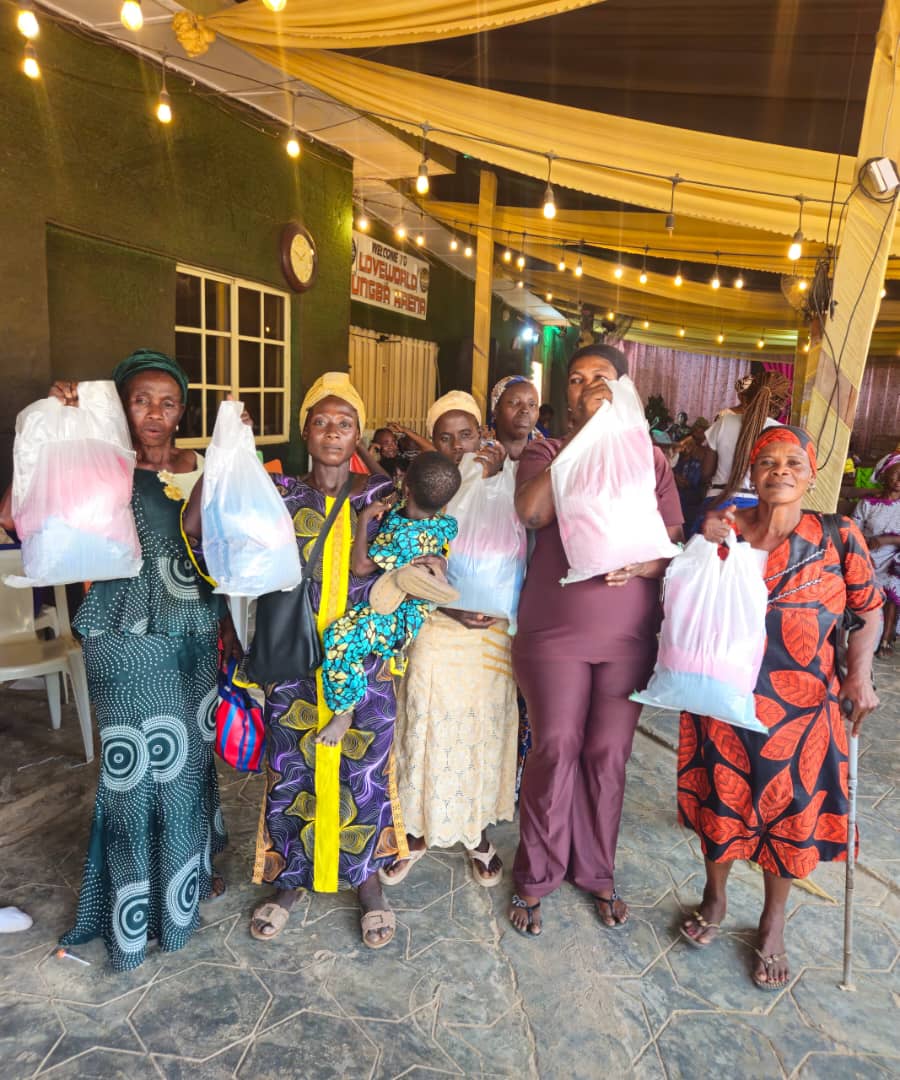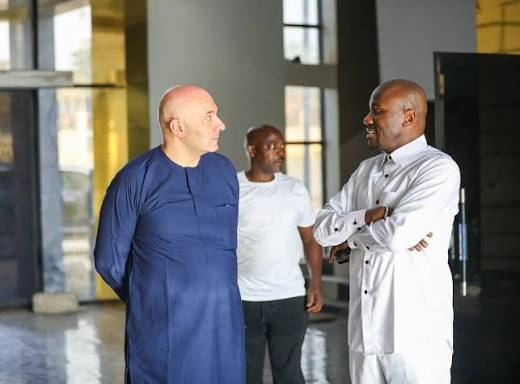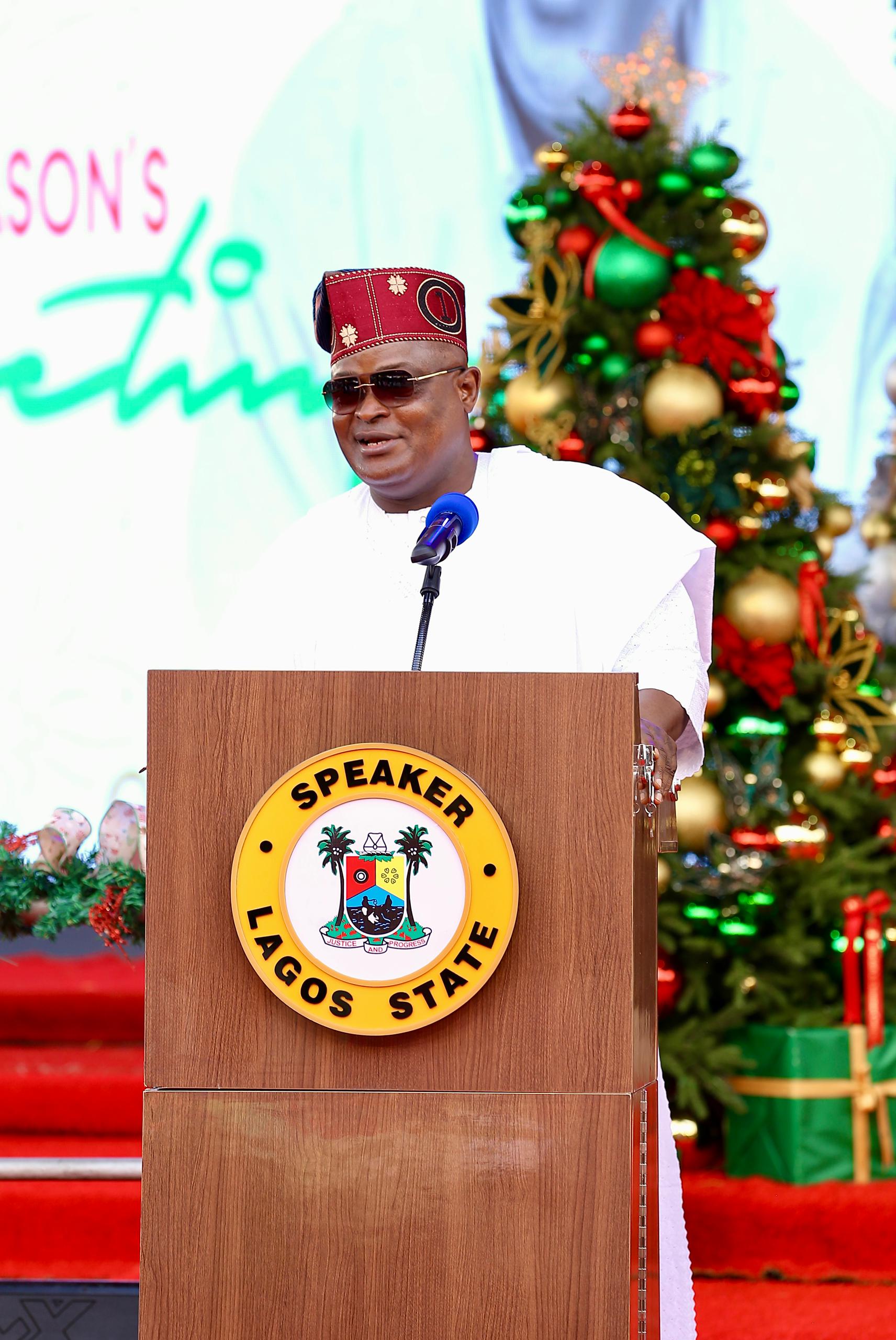World Bank AgriConnect programme to deploy $14bn by 2030, boosting global agribusiness and job creation in developing economies
World Bank AgriConnect programme is set to deploy up to $14 billion by 2030 to transform global agribusiness, create millions of jobs, and strengthen food systems across developing economies.
Also read: World Bank Flags Nigeria’s Poverty Surge to 139 Million Amid Economic Rebound, Urges Inclusive Policies for Vulnerable Households
Announced during the World Bank Group–IMF Annual Meetings under the theme “From Sectors to Systems: Building Job-Rich Economies at Scale”, the AgriConnect initiative represents a decisive shift from funding isolated projects to nurturing interconnected economic ecosystems.
World Bank President Ajay Banga described the programme as a “powerful step” towards inclusive growth and sustainable development.
“We’ve set a target to double our agribusiness commitments to $9 billion annually by 2030, aiming to mobilise an additional $5 billion,” Banga said at the launch, themed AgriConnect: Farms, Firms, and Finance for Jobs.
He added, “This is grounded in what we’ve tested in the field and in lessons borrowed from others. Steal shamelessly and share seamlessly — that is how we succeed together.”
According to the World Bank, family farms, including over 500 million smallholders, produce roughly 80 per cent of the world’s food, yet many remain locked in poverty due to limited access to finance, markets, and modern tools.
The AgriConnect programme calls on governments, investors, and donor partners to collaborate in closing these gaps, positioning agriculture as a catalyst for employment and growth.
Under the initiative, investments will focus on infrastructure, digital technology, and policy reforms designed to help farmers raise productivity, integrate into value chains, and access sustainable financing.
Banga stressed that job creation remains central to the World Bank’s mission of ending poverty on a liveable planet.
With over one billion young people expected to enter the global workforce in the next decade, he said agriculture’s employment potential must not be ignored.
Beyond AgriConnect, the Annual Meetings explored strategies for building job-rich economies, uniting leaders from governments, civil society, and the private sector.
The Bank’s Development Committee, representing all 189 member nations, reaffirmed its commitment to a more effective institution capable of delivering faster, measurable impact.
At the sidelines, the Leaders’ Speaker Series featured voices such as Dr. Mona Mourshed, CEO of Generation, and Dr. Rania Al-Mashat,
Egypt’s Minister of Planning, who shared insights on aligning innovation and education with employment goals.
Banga concluded the week’s engagements by reaffirming the Bank’s vision of partnership and collaboration as the foundation of progress.
“Jobs remain the most reliable route out of poverty,” he said. “They provide dignity, stability, and hope.
Also read: World Bank to approve $750m loans for Nigeria
Through AgriConnect, we are connecting the dots between farms, firms, and finance to deliver those opportunities at scale.”























